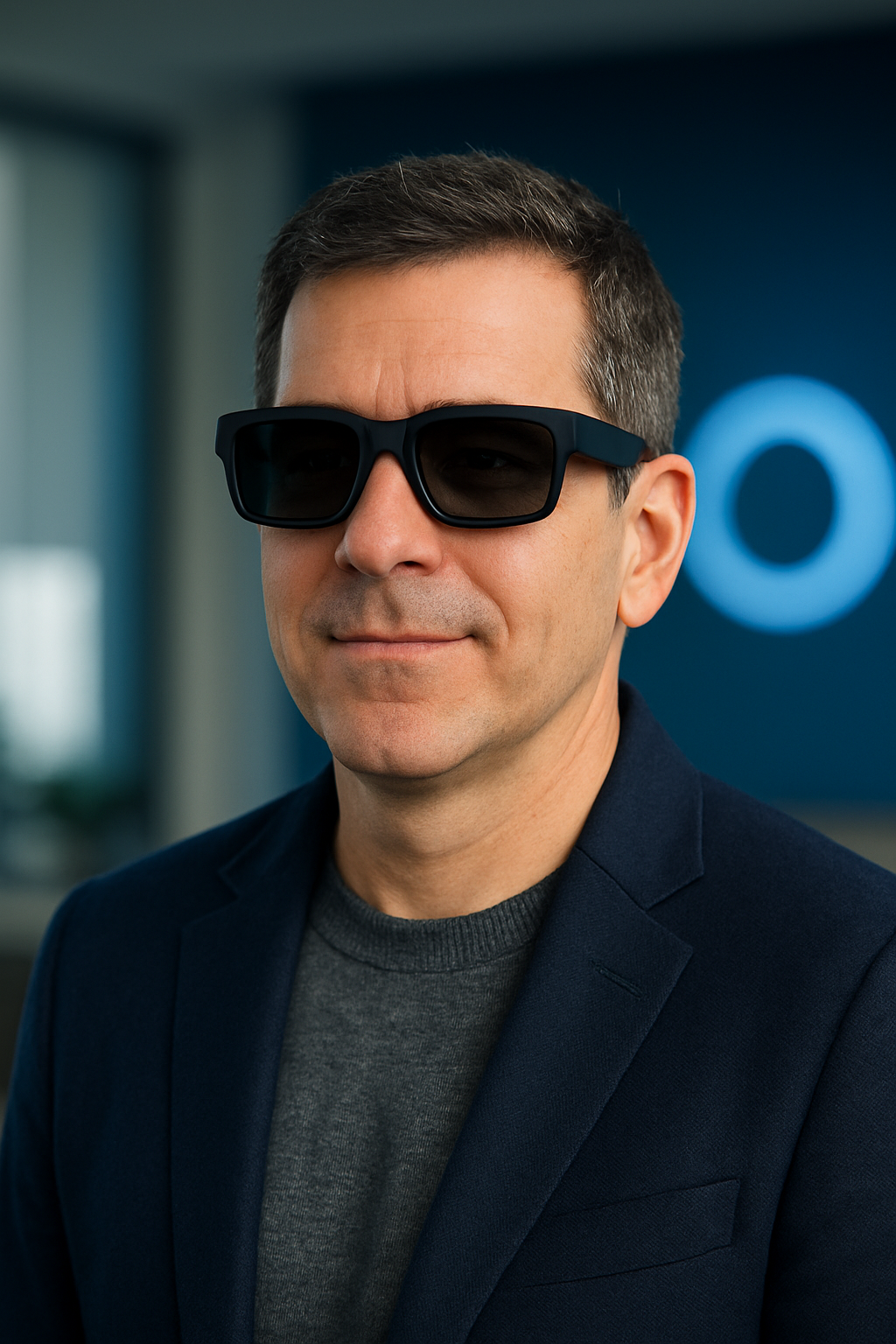
Meta’s Chris Cox: Smart Glasses Will Be the Next Big Shift in Computing
Meta’s Chief Product Officer Chris Cox believes that smart glasses are the future of personal computing, predicting they will fundamentally change how humans interact with technology.
“We’ll talk to them, we’ll see through them, and we’ll use natural gestures — just like we do with each other — to interact with our computers,” Cox explained during a recent interview. “The interfaces will become more intuitive, and we’re convinced the next major wearable technology will be glasses.”
Meta unveiled its latest Ray-Ban Display smart glasses this week, priced at $799, featuring an in-lens display controlled via hand movements and a neural wristband. Unlike earlier audio-only versions, these glasses enable users to view messages, watch videos, record clips, and send texts through voice or even handwriting gestures made on their knee.
During a live demo, CEO Mark Zuckerberg attempted to answer a video call from Meta’s tech chief Andrew Bosworth, but a software glitch prevented the accept button from appearing — highlighting the challenges of perfecting this emerging technology.
Despite hiccups, Meta’s previous collaboration with EssilorLuxottica has shown promise. The second-generation Ray-Ban Meta glasses, launched in 2023, sold two million units, while sales revenue more than tripled in early 2024. EssilorLuxottica also credited the success of Meta’s glasses and the Oakley Meta Performance AI glasses with helping push quarterly sales to €7.2 billion ($8.5B).
The competitive landscape is heating up. Google struck a $150M deal with Warby Parker in May to co-develop AI-powered eyewear. Snap announced it will release its sixth-generation AR glasses in 2026, while Apple is rumored to be preparing its own smart glasses by late 2026.
While Meta’s bold bet is still unfolding, Cox emphasized that smart glasses could soon replace smartphones as the most essential everyday device.













